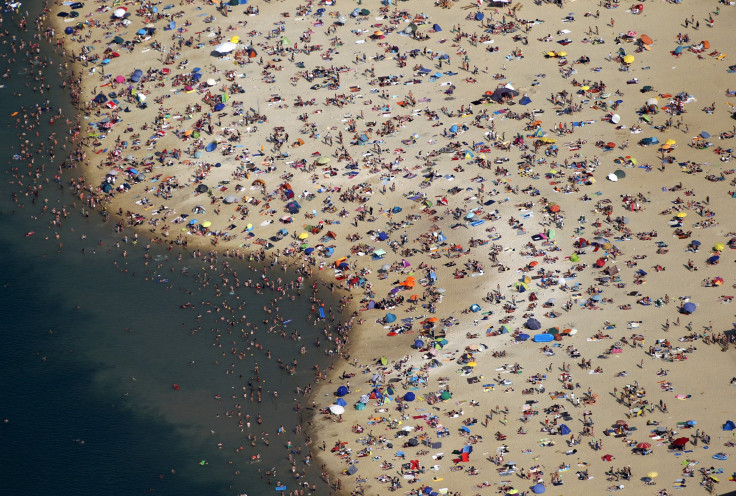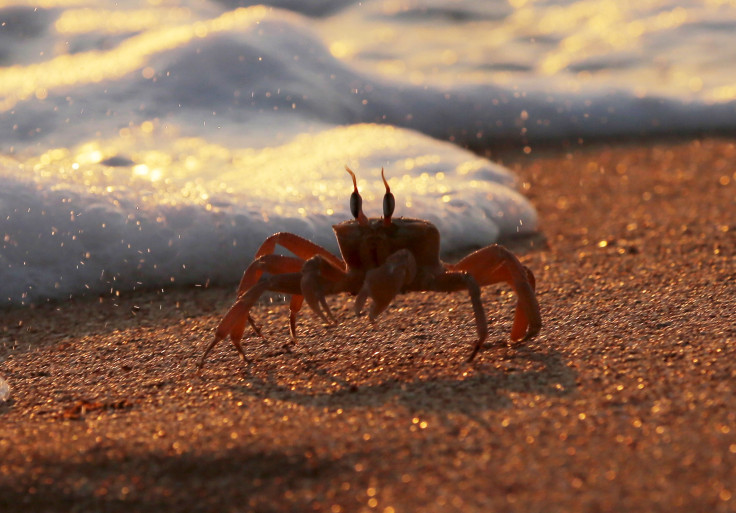Fecal Matter In The Sand Means Summers At The Beach Are Now Ruined; More Reason To Stay Indoors

Nothing quite says summer like the beach. The wonderful ocean, swimming with the waves, the fresh sea breeze or just getting a tan. The beach is a great way to spend the day -- even if you have to travel on a train for close to two hours to get there -- which is why this latest report is so disturbing. A new study finds fecal matter decays slower in sand than water.
The study, conducted by researchers from the University of Hawaii at Manoa, explores the important question of why there is so much fecal matter in the sand. There are a lot of reasons why there is fecal matter in beaches. Some of it could be due to flooding -- as it is in Galveston, Texas -- or stormwater, which leads to contamination and increased bacteria in the water.
Contaminated water could lead to advisories and beach closings. If you want to take the plunge, the funky water could lead to rashes, stomach pain and diarrhea, according to the American Chemical Society. Past research found that fecal matter in sand was present in levels 10 to 100 times higher than what appeared in seawater. The reason for such a high percentage is that the bacteria decays at a slower rate in sand than it does in seawater.

The researchers created bacteria colonies in simulated beach sand and seawater environments. Decay rates were smaller in sand than in water, which explains the increased fecal matter levels. The research was published in the journal Environmental Science & Technology. If you want some help to avoid fecal matter, check out the Natural Resources Defense Council guide to clean beaches.
For more summer reading, check out all the reasons why you shouldn't go to a public pool.
© Copyright IBTimes 2025. All rights reserved.





















